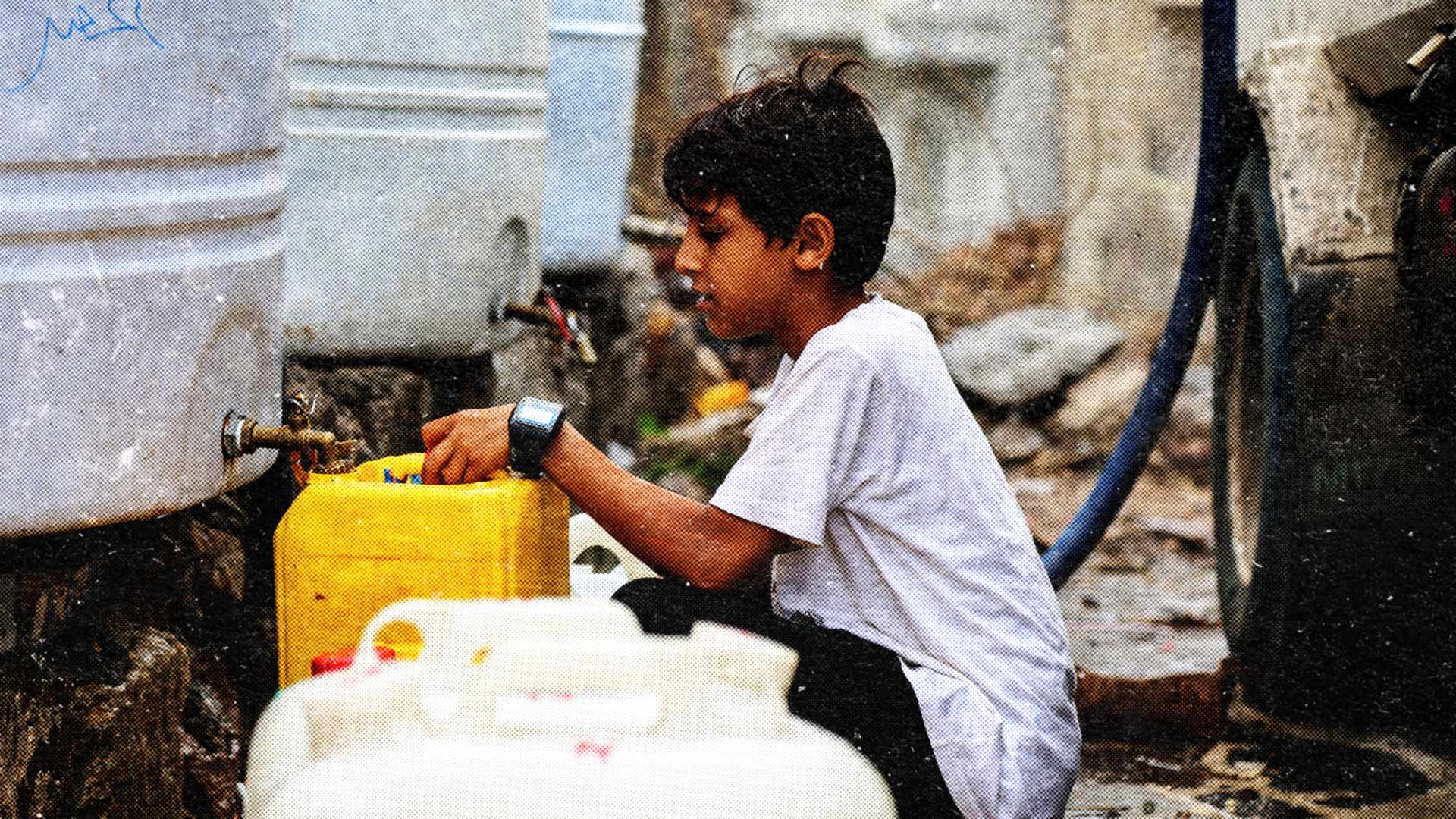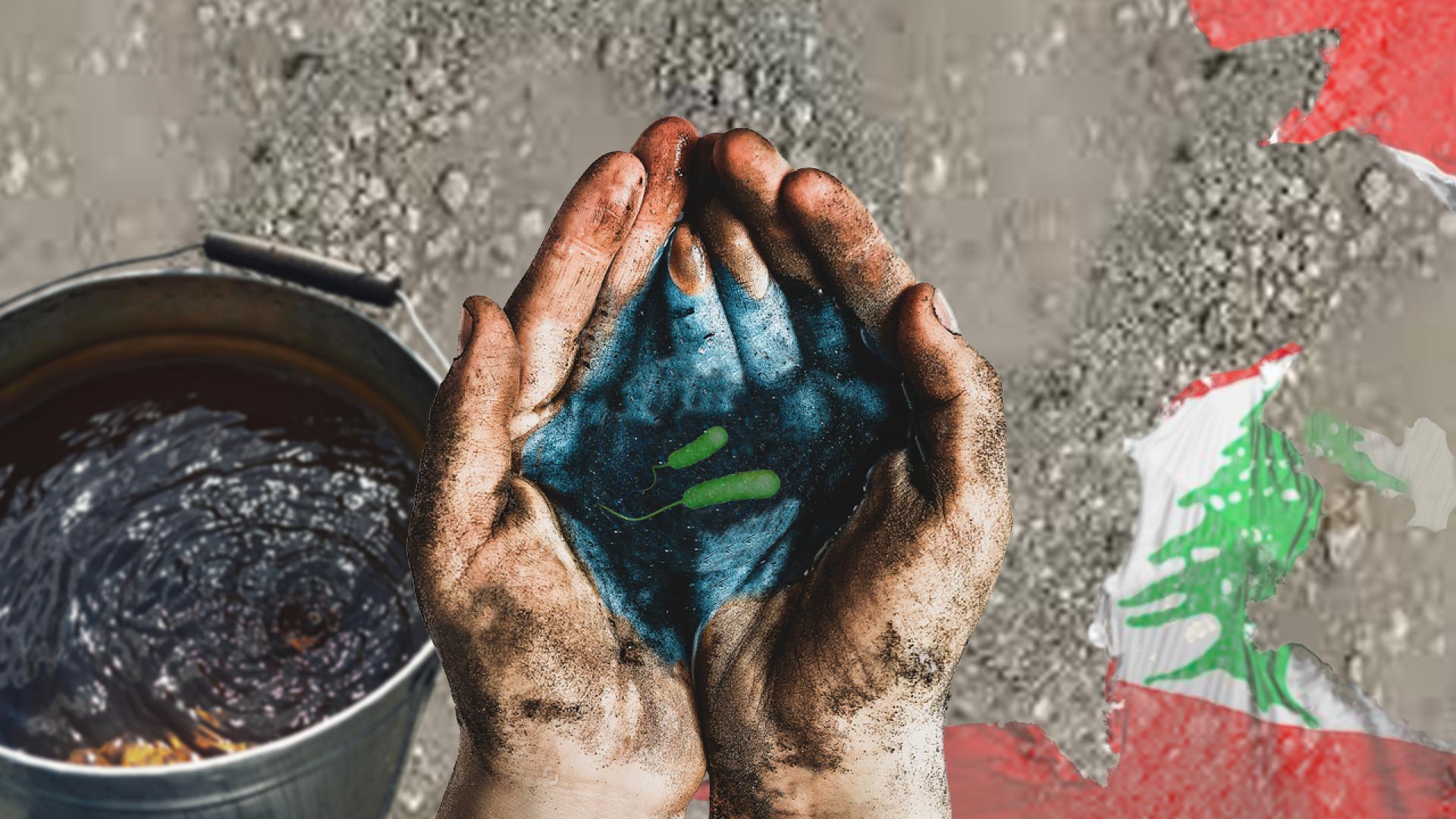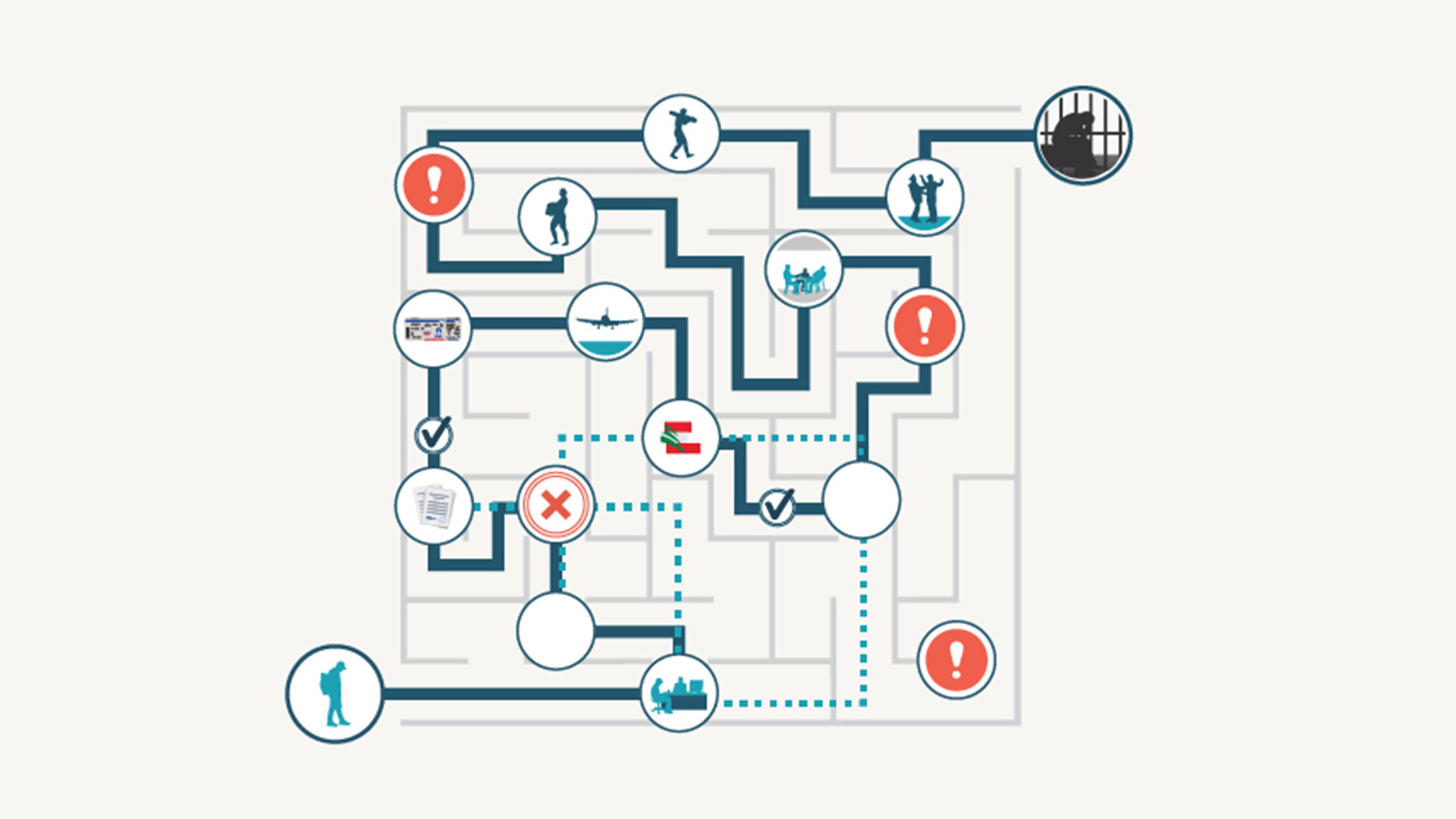There’s only a drop of life left in Lebanon’s water sector before it reaches breaking point. With more than 80% of the population under the poverty line, people across the country are increasingly looting water pipes and cables to resell them for cash to feed their families. Conflicts over water are increasing, with some incidents escalating violently.
As state institutions disintegrate, international aid organizations must act fast but with great caution. Band-Aid solutions — such as relying on the water trucking mafia — will make it far worse in the long run. How international NGOs respond to today’s water crisis in Lebanon could later impede the state’s ability to provide essential water services, at a cost to Lebanon’s most vulnerable. To avoid millions going thirsty, innovative solutions are desperately needed. Enlisting municipalities as allies could play a vital role in addressing Lebanon’s water crisis.
A faltering water sector
Even before Lebanon’s financial crash, the country faced ongoing water shortages for years due to the water sector’s disastrous management. The arrival of 1.5 million Syrian refugees in Lebanon since 2011 has also burdened the country’s water supply and services. The unprecedented economic crisis since 2019 — which the World Bank considers one of the worst globally since the 1850s — has exacerbated many challenges and risks.
Today, the four regional establishments — North, South, Bekaa, and Beirut — in charge of vital public water services are grinding to a halt. Due to the dramatic devaluation of the local currency, these public water institutions can no longer sustain their water infrastructure or services. With no cost-recovery, these entities have no money to pay for the fuel they rely on to run their water pumps nor to pay their staff’s salaries — with the minimum salary now worth about $17 per month.
These days, the offices of the public water institutions are mostly empty because employees cannot afford to fill their car tanks to come to work and have lost motivation. They either don’t work at all or only for a few hours a week. Water leaks and losses caused by non-revenue water — produced but “lost” water — only add to the woes. Much of the population is now at severe risk of water shortages and scarcity.



